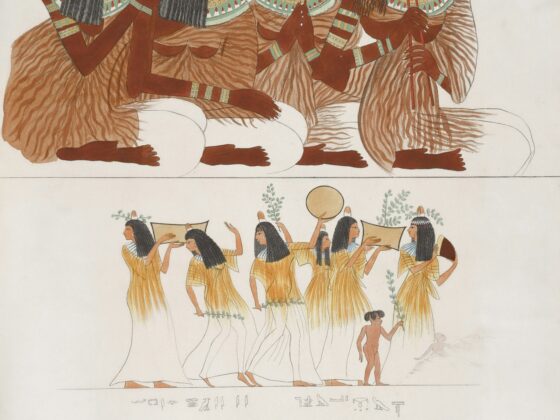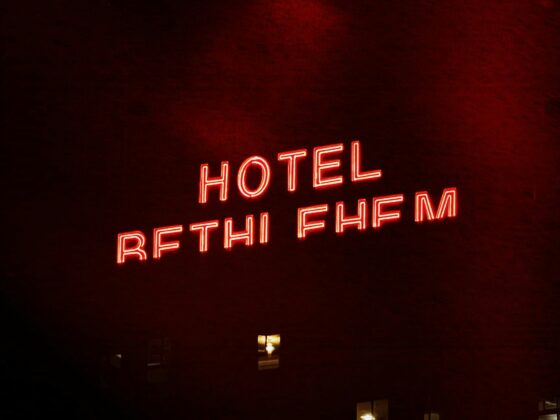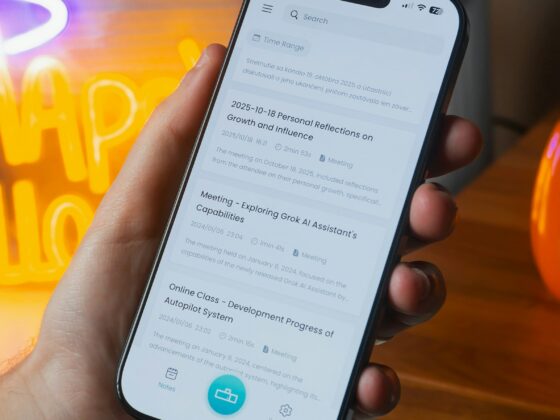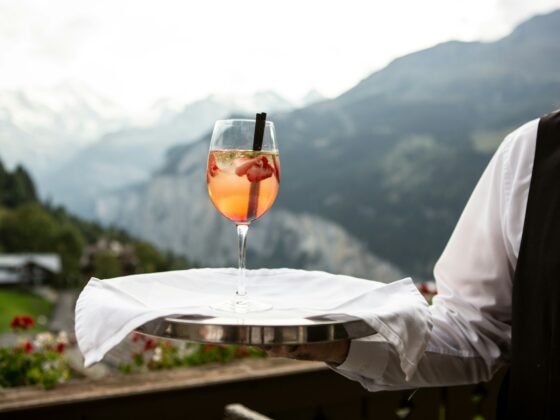“Hospitality is not about size — it’s about soul.”. »
You’ve been at the helm of Rotana for over a year. What mandate were you given when you joined?
When I joined Rotana, I was the first CEO to come from outside Rotana, after decades with Four Seasons, Fairmont, and Shangri-La across five continents. The board’s intention was clear: they wanted an external perspective capable of marrying Rotana’s local heritage with an international vision.
From my very first meeting with our chairman, I was struck by the focus of the conversation — it wasn’t about profit margins or expansion targets, but about quality. Quality in the guest journey, quality in the colleague experience, quality as a defining culture. It was refreshing because it reaffirmed that Rotana’s foundations lie in authentic Emirati hospitality — in generosity, respect, and warmth.
That philosophy has guided my leadership. My role is to elevate Rotana from a strong regional player to a global contender, without losing the essence that makes the brand so distinctive: genuine care, attention to detail, and a deep sense of welcome..
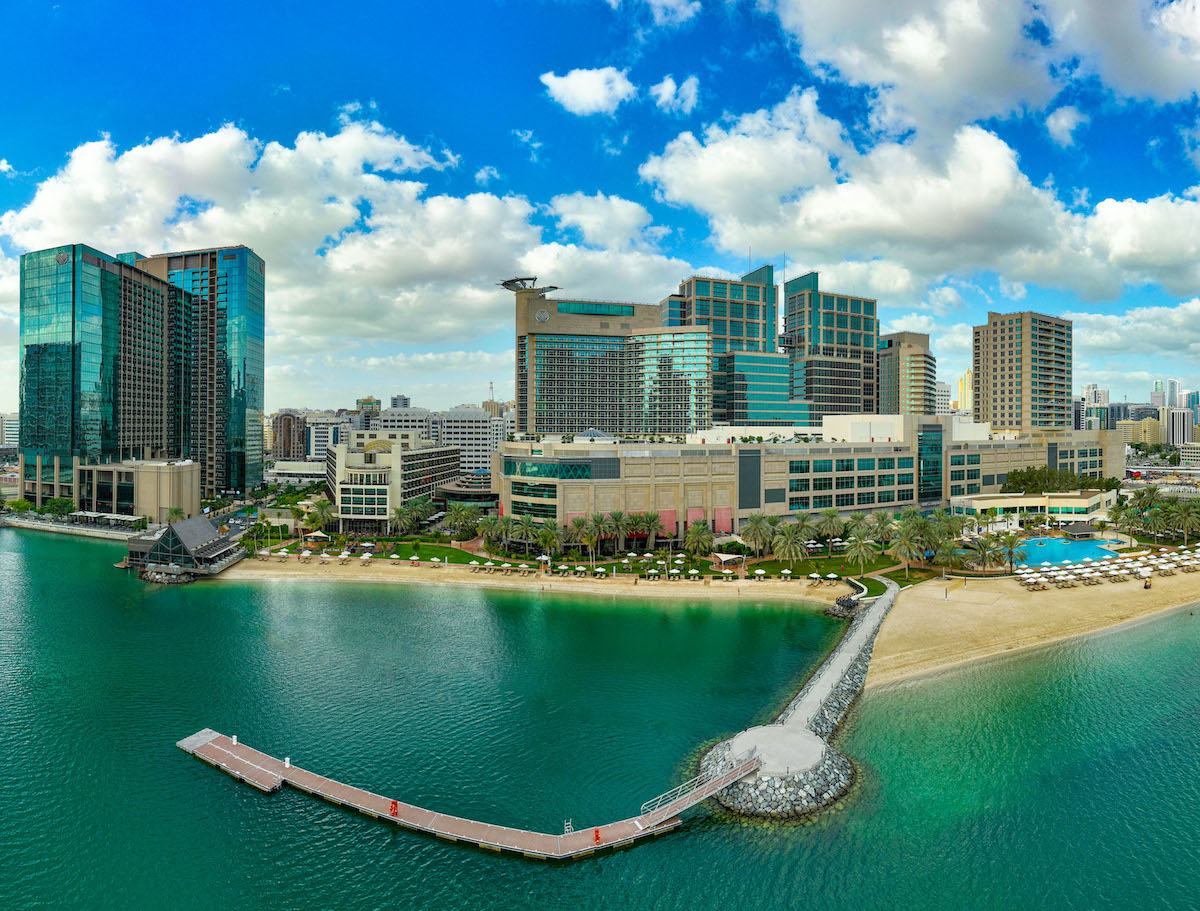
Hoteliers often talk about “experience” as the true differentiator. How do you translate that into daily operations?
Experience begins and ends with people. Guests rarely remember the check-in procedure or the color of the lobby furniture; they remember how they were made to feel. It’s that front-desk associate who greets them by name or the barman who remembers their favorite drink. Those human connections define the experience and create loyalty.
Our role as leaders is to empower colleagues to create these emotional moments. That means removing unnecessary bureaucracy, investing in meaningful training, and encouraging initiative. I’ve always believed that a satisfied and respected employee is the most powerful ambassador a brand can have.
At Rotana, guest experience and employee experience are inseparable. When our people feel valued, they project that warmth to our guests. For me, the most telling KPI isn’t RevPAR or EBITDA — it’s the repeat-guest ratio. It reflects trust, emotional engagement, and true satisfaction.
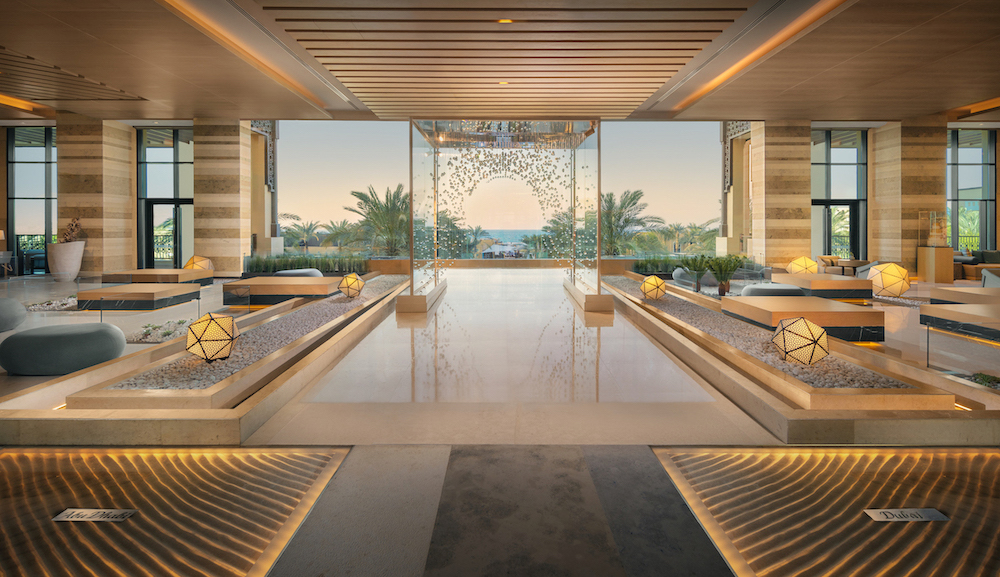
Rotana operates in a landscape dominated by global giants. How do you define your competitive edge?
Many global groups chase scale — what I call the “pins on the map” strategy. They measure success by the number of properties they add each quarter. At Rotana, our philosophy is different: we are in the hotel business, not in the business of hotels.
Our growth is deliberate and performance-oriented. We currently operate around 80 hotels across 14 countries, with 35 more in the pipeline. Our target is to reach 200 hotels within five years — not by stretching our model thin, but by reinforcing our strengths: local relevance, cultural authenticity, and operational excellence.
Strategically, we’ve taken two major steps forward. First, our integration into the Global Hotel Alliance (GHA) gives us access to more than 30 million loyalty members worldwide. This opens Rotana to international travelers and corporate accounts previously out of reach. Second, our newly redesigned website, equipped with AI capabilities, now allows for real-time personalization and faster bookings. Together, these moves are positioning Rotana as a globally connected, regionally rooted brand.
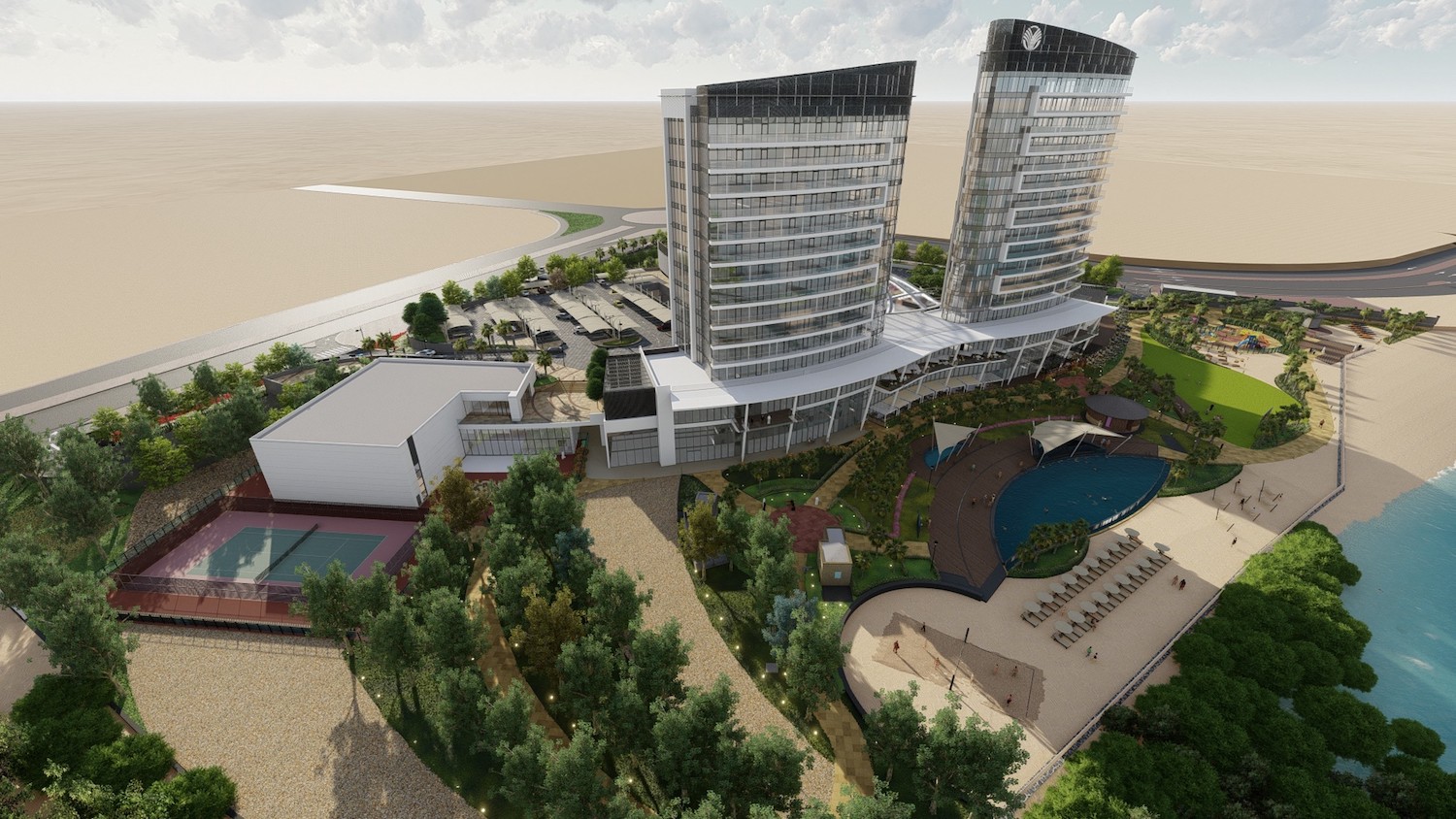
Which markets represent your strongest development potential?
Our core focus remains the Middle East, Eastern Europe, and Africa. These regions share two common characteristics: dynamic economies and under-penetrated hospitality sectors.
Africa, in particular, offers enormous potential. We already operate in Dar es Salaam and the Congo, and we’re actively developing in markets like Kenya and Nigeria. The continent’s business travel and domestic tourism are growing, but supply remains limited. Our adaptability, flexibility, and cost efficiency give us an advantage over larger, less agile competitors.
We approach each market with humility — understanding local culture, labor conditions, and ownership structures. A “one-size-fits-all” approach simply doesn’t work. For example, our African pipeline includes both management and franchise models depending on the local context. That flexibility is one of Rotana’s core strengths.
Saudi Arabia is undergoing rapid transformation. How do you see your role in that market?
Saudi Arabia is fascinating. It’s a market in full reinvention — socially, economically, and culturally. The hospitality sector is central to Vision 2030, and the scale of investment is unprecedented.
Our approach is pragmatic. We’re active in Riyadh and Jeddah, but our strongest growth opportunities lie in secondary and tertiary cities. Domestic demand there is robust, and Rotana enjoys strong brand recognition as an Emirati company with regional roots. These markets align well with our mid- to upper-upscale positioning.
That said, we’re cautious about the luxury boom. Many of the giga-projects are focused on five-star developments, but supply will soon exceed demand. Our strength is in diversification — offering the right brand, in the right place, at the right rate.
Saudi is also transforming its visitor experience: streamlined visas, improved service culture, and enhanced safety perceptions. It’s becoming an attractive destination for both regional and international travelers — and we’re proud to be part of that journey.
The concept of “critical mass” is often discussed in this industry. What does it mean for Rotana?
Critical mass isn’t just about numbers; it’s about relevance. You need enough scale to compete in distribution, technology, and brand awareness, but not so much that you lose intimacy, agility, and authenticity.
Our size allows us to maintain a personal connection with our partners. Many owners today tell me, “I can call you directly, but I can’t reach the CEO of my global brand.” That accessibility fosters trust and collaboration — something that’s becoming increasingly rare.
We’ll continue to grow, but responsibly. Every new signing must strengthen the brand, not dilute it. Quality will always come before quantity.
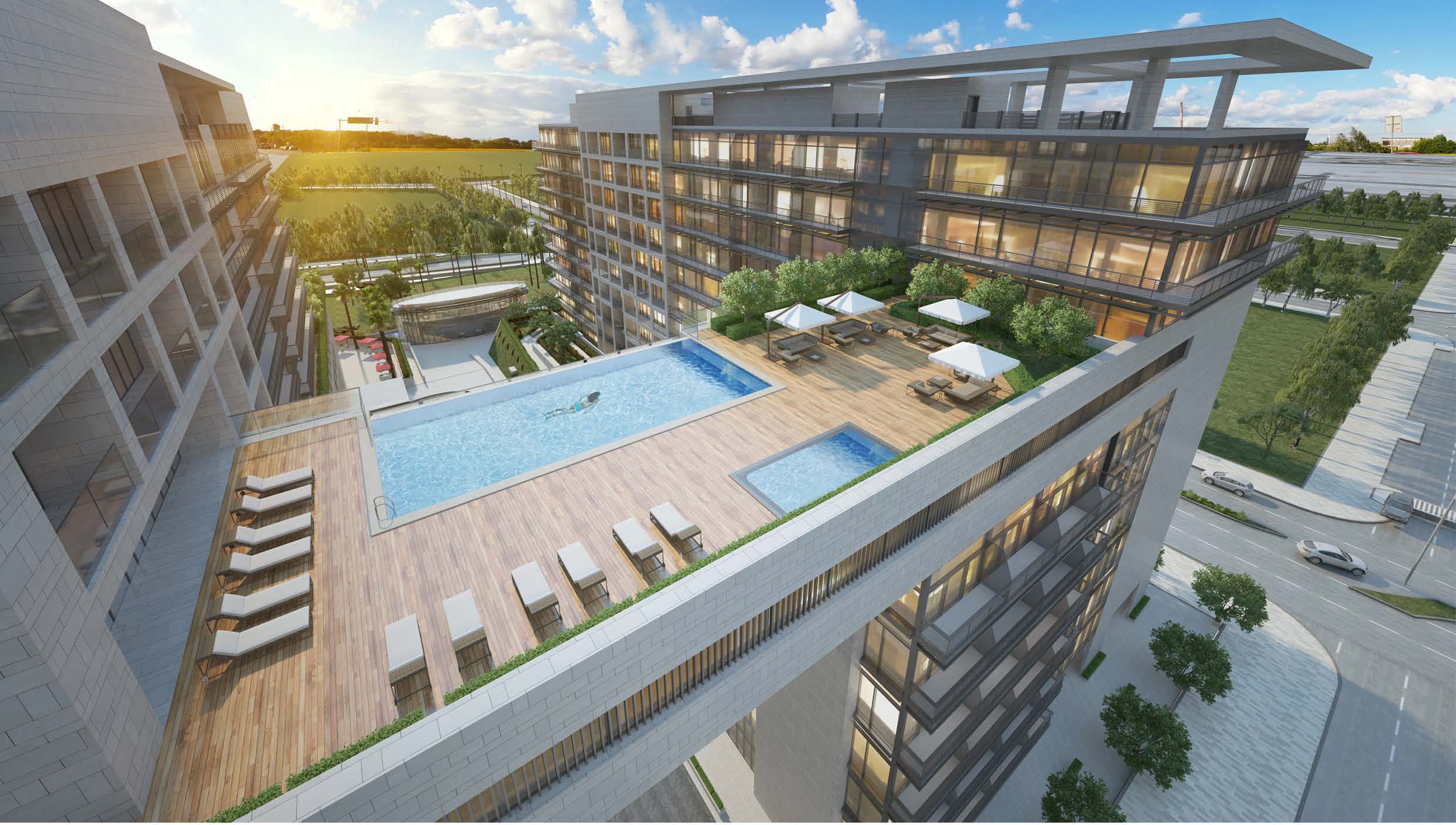
Rotana operates six brands. Do you plan to expand that portfolio?
Our current portfolio covers all strategic segments. Rotana remains the flagship, positioned in the upper-upscale and five-star segment. Rayhaan by Rotana caters to markets where alcohol-free operations are preferred. Centro serves the midscale traveler with an efficient, contemporary approach. Edge is our conversion brand — what I’d call a soft brand with substance, offering flexibility for independent owners who wish to retain character while benefiting from Rotana’s systems.
At this stage, we don’t need more brands; we need deeper brand awareness. Many large groups have created so many sub-brands that even customers — and sometimes employees — struggle to differentiate them. Our goal is clarity, not confusion.
Technology and AI are transforming hospitality. How is Rotana embracing this shift?
Technology is no longer optional — it’s fundamental to guest satisfaction and operational efficiency. But it must serve a purpose: to make life easier, faster, and more intuitive for guests and teams alike.
We’ve rolled out tools such as MessageBox, which allows instant problem resolution, and WhatsApp for Business, connecting guests directly to hotel teams before and during their stay. We’re also developing AI-driven personalization engines that anticipate preferences, streamline booking journeys, and tailor offers dynamically.
However, the real power of technology lies in what it frees up: time. By automating administrative tasks, we allow our teams to spend more time with guests — to be more present, more human. That’s where hospitality truly happens.
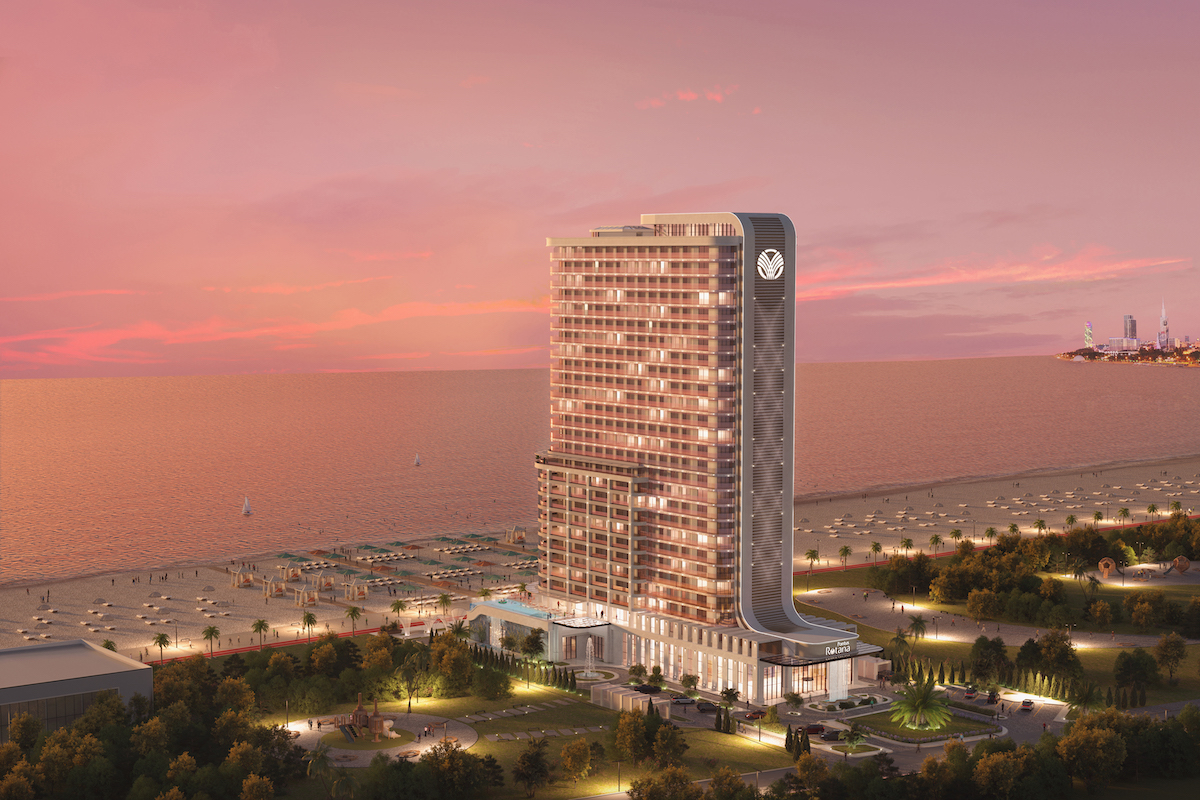
Finally, how do you define Rotana’s long-term vision?
Rotana’s vision is to remain the benchmark of modern Emirati hospitality — authentic, generous, and forward-looking — while evolving into a truly global brand.
Our growth will continue across our key regions, supported by solid partnerships and technological transformation. Yet at the heart of everything we do lies a simple truth: hospitality is human. In an era of algorithms and automation, the emotional connection remains the greatest differentiator.
Our mission is to preserve that human warmth while embracing innovation. That balance — between technology and touch, between scale and soul — is what will define Rotana’s success in the years ahead.

![]()



